Nearly two decades after the 2007-2008 post election violence, ashes of democracy, wounds of the ballot, maybe we call them; the ballot’s aftermath, the victims continue to demand justice, accusing the government of suppressing the truth and failing to uphold its promises of reparations.
Many survivors believe that institutions meant to hold perpetrators accountable have been weakened, allowing state security agencies to operate with impunity.
Bob Njagi, a victim of abduction, lamented that the mechanisms in place are only covering up for perpetrators, pointing fingers at the Independent Police Oversight Authority (IPOA), which he claims lacks the power to prosecute those responsible.
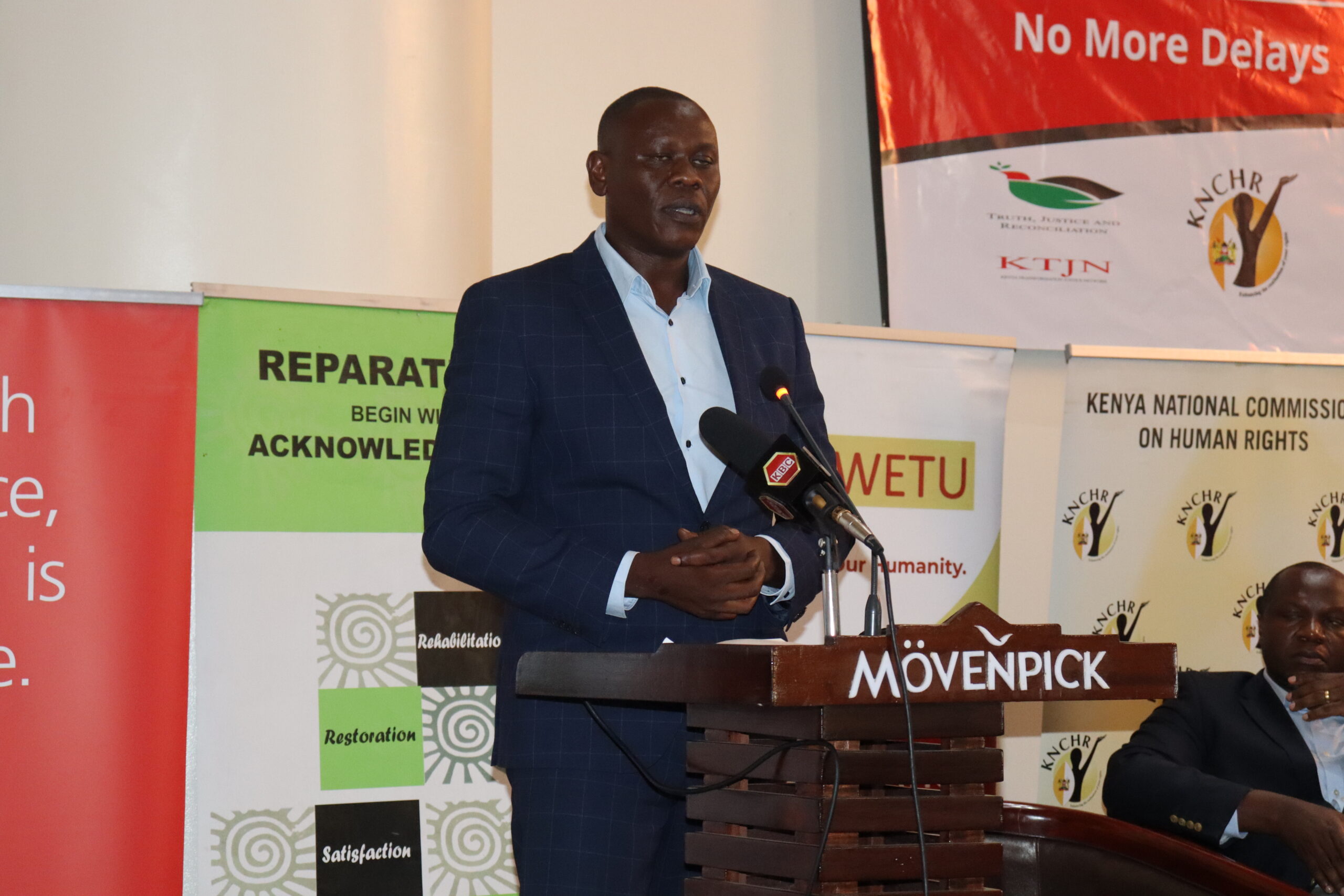
“The truth has been concealed because those who are perpetrating the crime are believed to be state security agents.For the truth to be found, there has to be a mechanism in place where victims like myself can tell our stories,” Njagi explained.
He added that IPOA can only investigate, but lacks the authority to take real action, allowing crimes against innocent Kenyans to remain unaccounted for.
While the government has acknowledged the need for compensation of victims, many fear that this could be another hollow promise with no real commitment. Njagi pointed out that the state’s recognition of the need for reparations, is an admission that it failed in its duty to protect its citizens, yet there is still little to show in terms of concrete action.
“I hope this is not a political platform,” he said. “We need to see victims or families of those killed extra-judicially compensated. For us survivors of abductions, we are living in trauma and still seeking closure.”
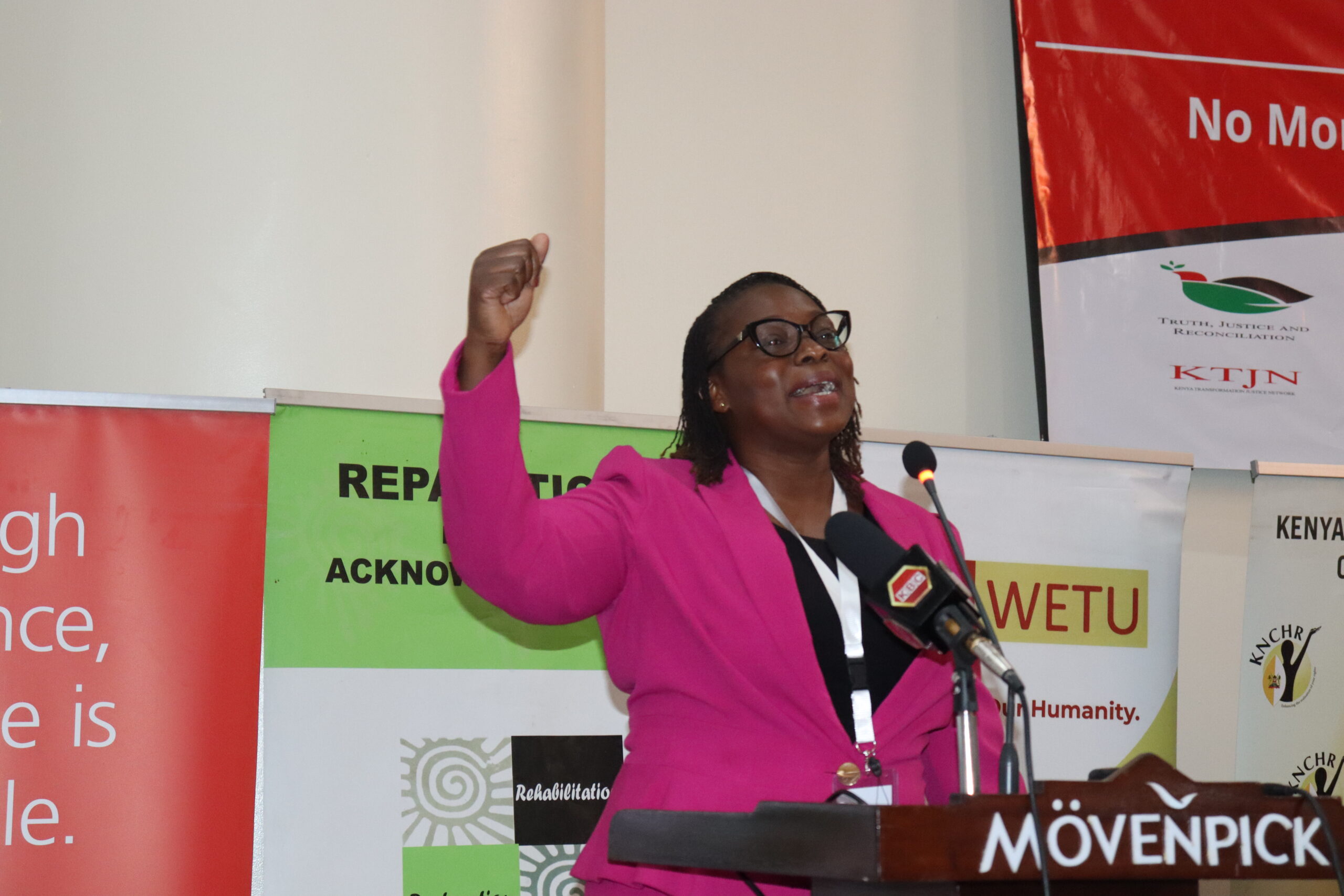
Tina from the Utuwetu Trust, questioned the government’s reluctance to comply with court rulings that have already awarded compensation to victims.
“Where do Kenyans turn when a court has offered a verdict, awarding 30 years’ compensation, but the government refuses to pay?” She asked, adding that before even ratifying international laws, the government should demonstrate commitment by prioritizing human rights through legislative action.
Beyond the recent cases of abductions and enforced disappearances, speakers at the gathering also reflected on the country’s long history of state violence, which stretches from the colonial era to the present day.
“When we take a step back and look at the colonial period, post-colonial period, and post-independence period, the Moi period, it is quite unfortunate that the search for not detaining violence continues in the country,” Tina observed.
Survivors of the 2007-2008 post-election violence echoed similar concerns, noting that they were promised justice and reparations, but nearly two decades later, little has been done. Many including [Syntha a name we give her] still live with the scars both physical and emotional of the widespread violence that left thousands dead and displaced many more with her nursing and looking after a daughter she gave birth to despite veing a victim of rape during the Post elections nit gritties.
The cycle, that they argue, continues today with political killings, police brutality, and targeted abductions of those who speak out against injustices.
Njagi also called for Kenya to ratify international human rights laws, which would enable the International Criminal Court (ICC) to intervene in cases of enforced disappearances and extrajudicial killings.
“If that law had been ratified, the ICC would have come in to investigate our cases of abductions because these are crimes against humanity,” he said, adding that international legal mechanisms could offer a path to justice that domestic institutions have failed to provide.
Human rights groups and legal experts have long argued that the failure to ratify such laws has emboldened perpetrators, as they know they will not face international scrutiny. While some legislators have expressed willingness to push for ratification, many victims remain skeptical, having seen similar discussions in the past that led to no real action.
As survivors and families of victims continue to push for accountability, many fear that justice will remain elusive without strong political will. The government has yet to provide a clear framework on compensation for victims of post-election violence and abductions.
While public officials have issued statements acknowledging past wrongs, victims argue that real justice will only come when perpetrators are held accountable and reparations are delivered. For many, the fight is not just about compensation, it is about ensuring that future generations do not suffer the same fate.
As Njagi and others continue to speak out, they hope that their voices will not be lost in the noise of political rhetoric but will instead bring about real change.






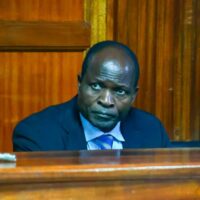

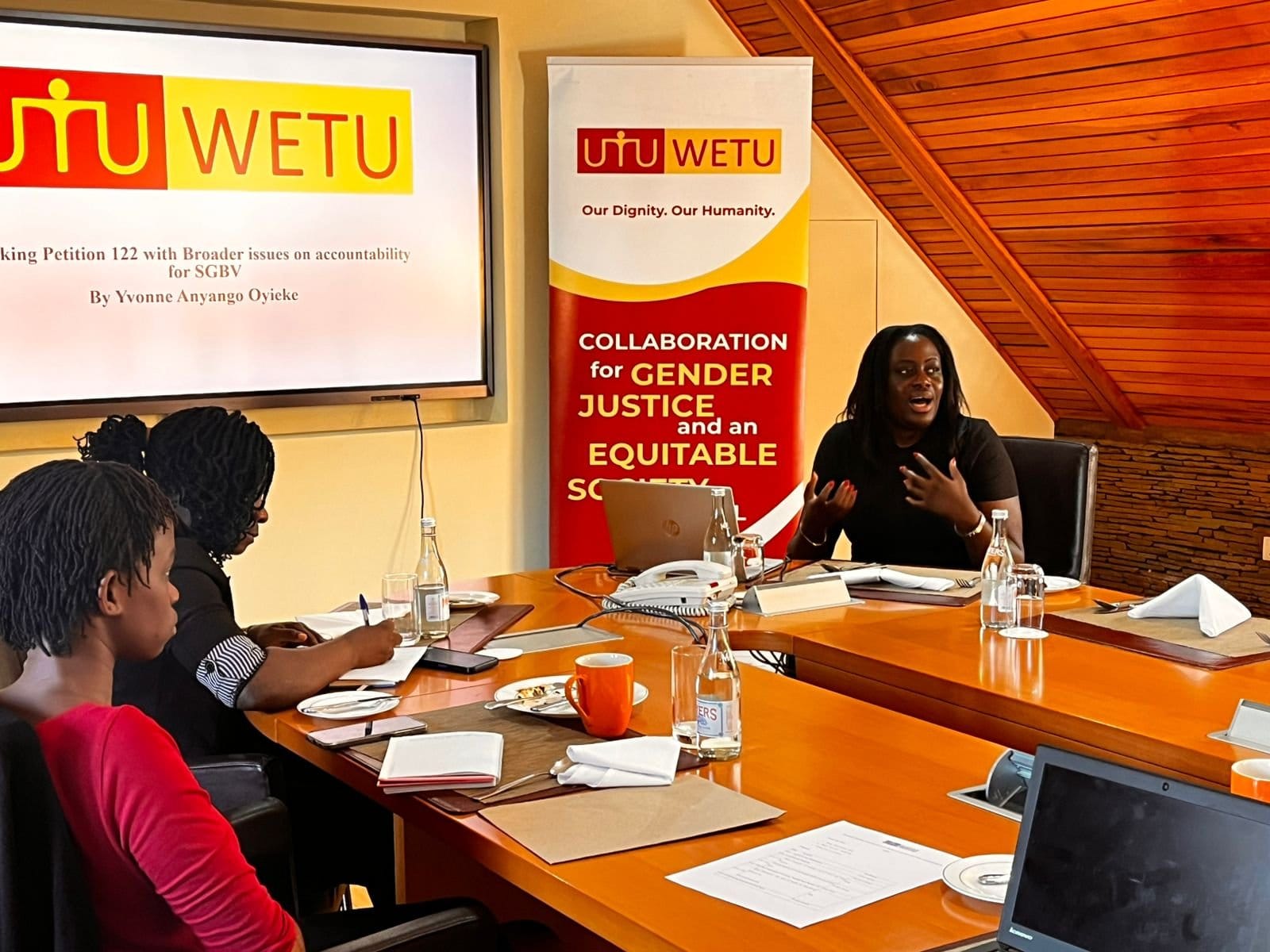




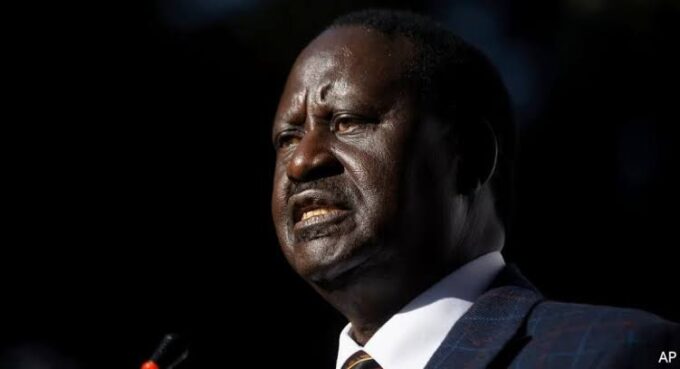

Leave a comment